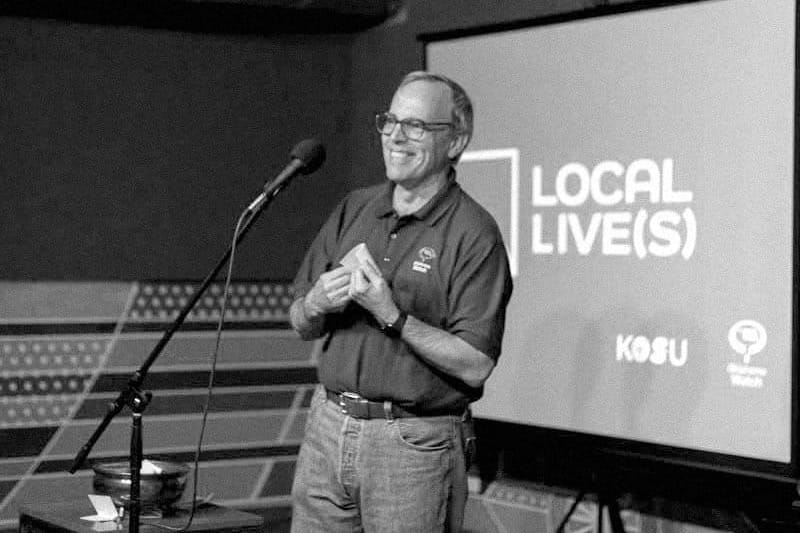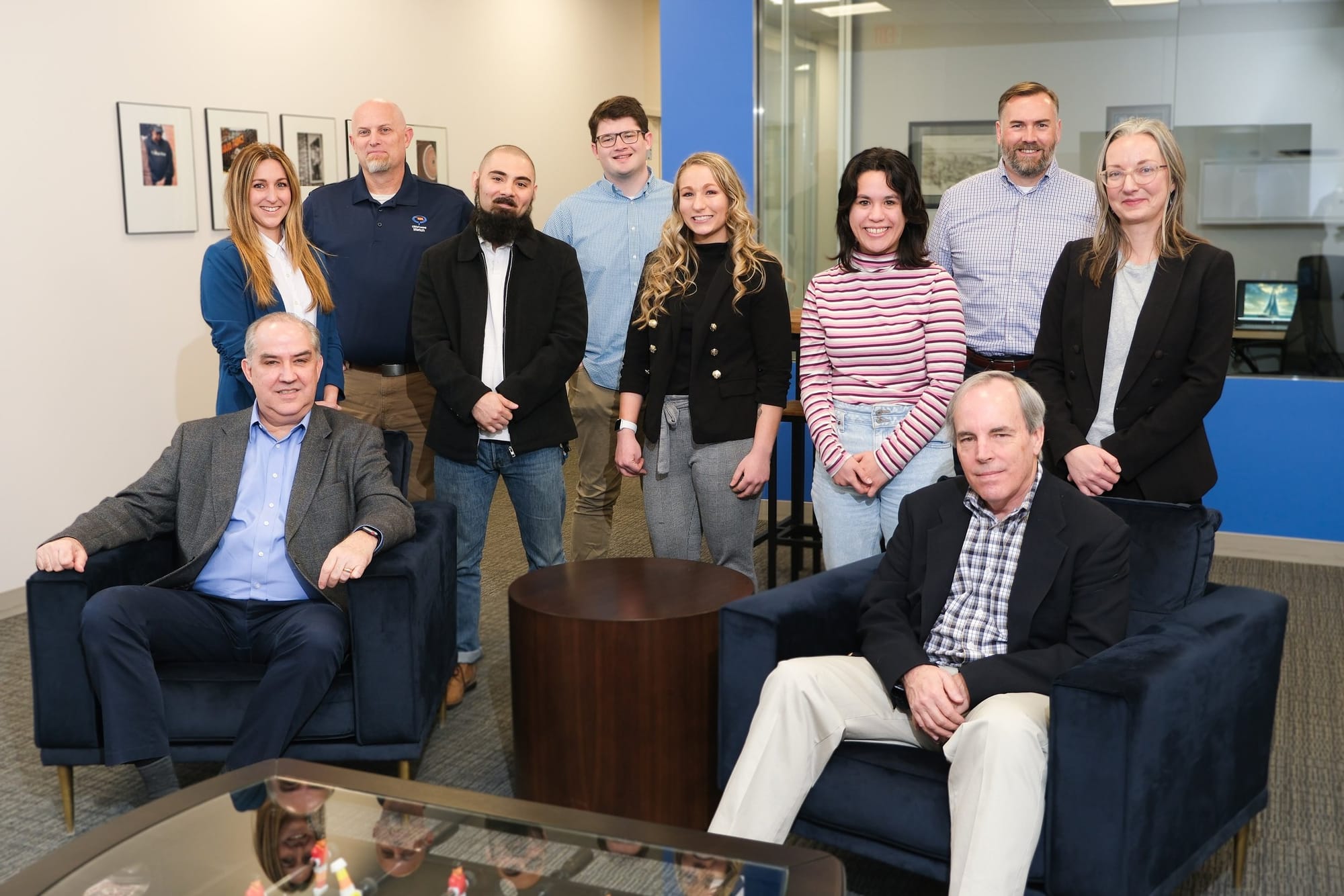
Although the recent spate of nonprofit news entities popping up around the state may seem like a new phenomenon, the concept of non-profit journalism (NPJ) organizations has been around for centuries. The idea is that a news organization which is operating without the pressures of making a profit, dealing with debt or worrying about dividends could better serve the public good as it was intended to do. In Oklahoma and across the country, NPJs have experienced something of a resurgence over the last 15 years or so, sprouting like well-researched, non-partisan, highly informative mushrooms.
Oklahoma Watch in particular has a sterling lineage. “About 13 years ago, Ethics and Excellence in Journalism, a part of the Inasmuch Foundation established by Edith Gaylord, joined with the Kaiser Family Foundation to explore setting up a non-profit news group in Oklahoma. Out of that effort, Oklahoma Watch was born,” says Sue Hale, whose own professional pedigree and journalism chops are legendary. She’s a former executive editor of The Oklahoman, former chair and current board member of Oklahoma Watch, a national leader in First Amendment issues and the senior journalism consultant for the Inasmuch Foundation. Hale also served as president of the National Freedom of Information Coalition and helped found Freedom of Information Oklahoma. She also chaired the First Amendment Committee of the American Society of Newspaper Editors. She was inducted into The Oklahoma Journalism Hall of Fame in 2005. We could sing Hale’s praises all day long — she’s also an accomplished artist — but back to our examination of NPJs.
One of the very oldest, the Associated Press (AP), began in 1846 out of necessity. The Mexican War was raging. People needed accurate information as quickly as possible, and the U.S. Post Office couldn’t deliver it fast enough, so a group of five New York City newspapers joined forces and funded a pony express route through Alabama to get the news from south to north more quickly than the mail could do it—an early type of information superhighway, so to speak. Today, the AP operates 250 locations in 100 countries, bringing breaking news to light and sharing it with other news organizations.
Closer to home, the Oklahoma Educational Television Authority (OETA) was founded in 1956 in a basement classroom. Today, it broadcasts all across Oklahoma and into surrounding states. It’s the most-watched Public Broadcasting Service network in the country, offering news and educational programming and bringing its audience shows like “Downton Abbey,” “Antiques Roadshow” and “All Creatures Great and Small.” Some 650,000 people watch OETA each week.
Newer NPJs, including Oklahoma Watch, have taken a traditional print news model and tweaked it. For one thing, there’s no print edition of Oklahoma Watch, it’s only online (oklahomawatch.org). And there are certainly no advertisers. Those two factors, said Oklahoma Watch Executive Director Ted Streuli, are crucial. With no set number of pages to fill, stories can develop at their own pace. Reporters can dig deep. And, as Streuli says, “We’re very transparent. Every single donor is on our website; you know exactly where the money’s coming from. We do not accept political ads. We don’t have an opinion section. We don’t have an editorial page. You can look at our [IRS Form] 990. It’s by law public record, but we don’t even make you wait for the 990, we’ve thrown it on our website.”

Streuli has worked as a reporter and editor for more than 30 years at newspapers in California, Texas and Oklahoma. He served as the editor of The Journal Record in Oklahoma City from 2004 to 2018, and is a past president of the Oklahoma Press Association and winner of a slew of journalism awards, including the National Society of Newspaper Columnists’ Will Rogers Award for Humanitarianism and the Carter Bradley First Amendment Award from the Oklahoma Society of Professional Journalists.
Oklahoma Watch’s mission is investigative journalism, focused on a handful of subjects: children and youth, criminal justice, education, government, immigration and poverty. “We identify societal problems,” Streuli says. “And we try to identify the causes of the problems — where the breakdown is — and we try to look for potential solutions and include those in the stories. And we look for stories that affect a lot of Oklahomans. And so, often, the stories we’re covering involve public money, somewhere along the line.”
Investigative journalism is expensive for a newsroom to fund. Stories develop in their own time, and they take a lot of legwork. That costs money that many small (and large) papers just don’t have. Here’s how Streuli explains it, in what he calls the two-minute version of his Rotary speech about democracy and journalism: “You’ve heard the press referred to as the fourth estate, and the history of that is in medieval Europe, there were three estates of the realm: the nobility, the clergy and the commoners.”
A century or so goes by and in England, the three-branch model of government forms, mirroring those three estates. It’s also the precursor of the three-branch government in the United States. Back in England, in a 1787 parliamentary debate, a gent named Edmund Burke argued that the press was the de facto fourth estate, saying famously, “There are three estates in Parliament but in the Reporters’ Gallery yonder there sits a Fourth Estate more important far than they all. It is not a figure of speech or witty saying, it is a literal fact, very momentous to us in these times.”
“In the early days, newspapers in the United States were largely mouthpieces for individual candidates. Those were the ‘yellow journalism’ days,” Streuli says. “We figured out pretty quickly that that wasn’t really the best way to do it. So the idea of independent journalism was born 200-and-something years ago, and we’ve been doing it that way ever since. And it was important enough to the Founding Fathers that we are the only industry protected by the Constitution.”
Hale says, “I have always believed our rights guaranteed under the First Amendment of the Constitution will be lost if we abuse or ignore them, or fail to teach their importance to our children and grandchildren. Freedom of information is focused on your right to know what your government is doing by being informed by a free press, and being able to discuss and express your opinion because of freedom of speech. These inalienable rights also come with responsibilities. We need to constantly remind ourselves that democracy will live or die depending on how well we protect these rights and how we exercise our responsibilities.”

Fast forward to 2023. “The hot buzzword in journalism right now, and especially in nonprofit journalism, is collaboration. And so since Oklahoma Watch’s inception, we make everything we write available to any media organization that wants to use it,” Streuli says. His news outlet collaborates on producing stories, too, with organizations like News 9, The Frontier and others.
Streuli continues, explaining the pickle newspapers ultimately found themselves in. The government only does so much in a day for reporters to write about, which left for-profit newspapers that depend on advertising revenue with pages to fill. “So now you’re selling all these ads. And you’ve got to fill up all these pages. You can’t fill it all up with government watchdog stuff because there’s a limit to how much of that there is, so you add sports and you add business and you add advice columns, and you add crossword puzzles, and you add weather, which is also news. And it’s also information that people want and are willing to pay for.”
Most of that type of news is also much less expensive to produce than investigative reporting. And that’s fine, too. Except, Streuli posits, “If you strip it all away, what’s at the heart of it is, ‘Is the press looking out for the public and making sure that the public’s getting a fair shake?’”
For that most important question, on his watch, the answer is definitely yes. •

